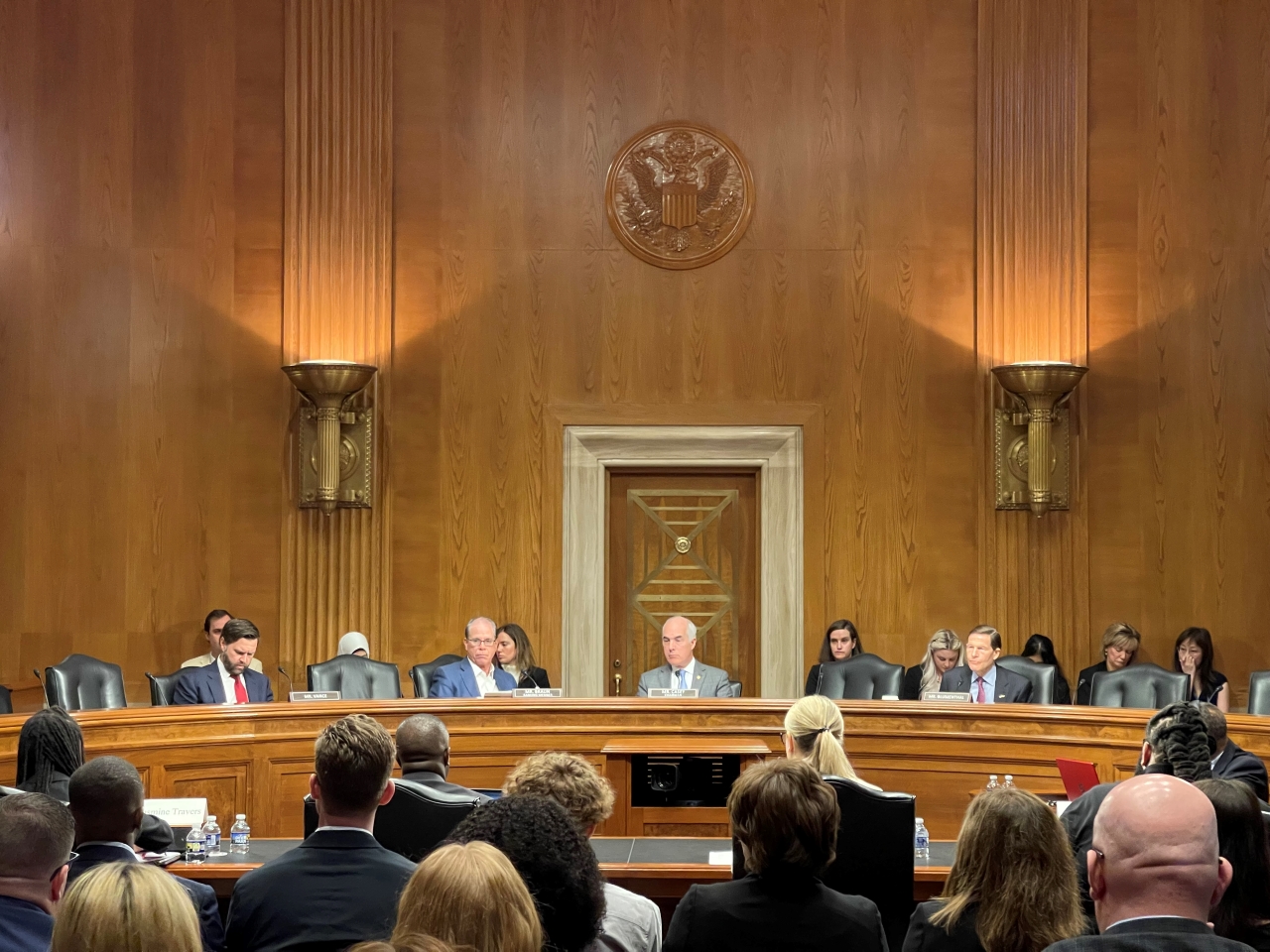Capitol Correspondence - 03.29.22
President Biden Releases FY 2023 Budget Proposal
Share this page
Stay Informed on the Latest Research & Analysis from ANCOR
More News
Capitol Correspondence - 04.23.24
Senate Aging Committee Explores Long-Term Care Workforce Challenges

Capitol Correspondence - 04.23.24
White House Marks Anniversary of Executive Order on Care with Focus on Workforce Support
Capitol Correspondence - 04.23.24

